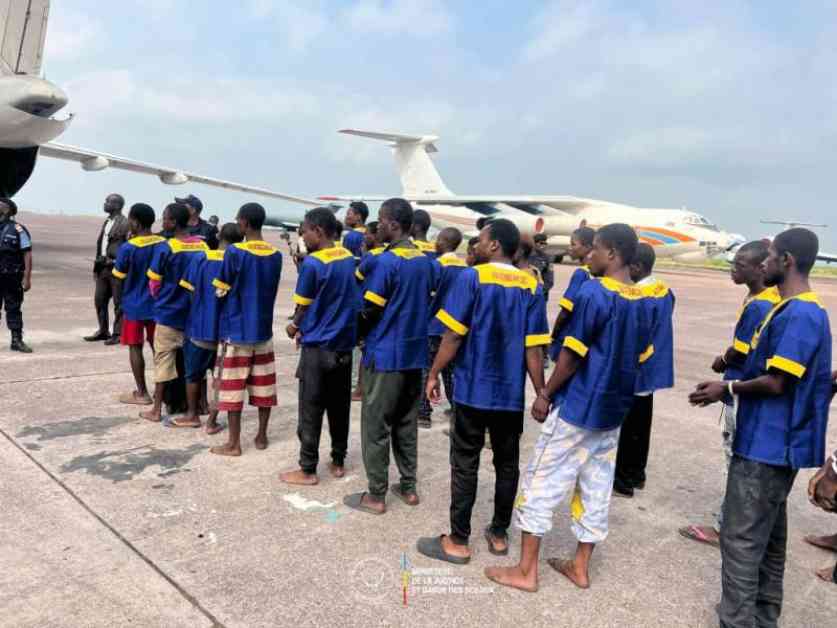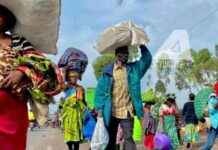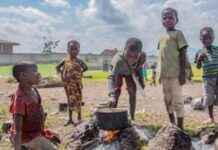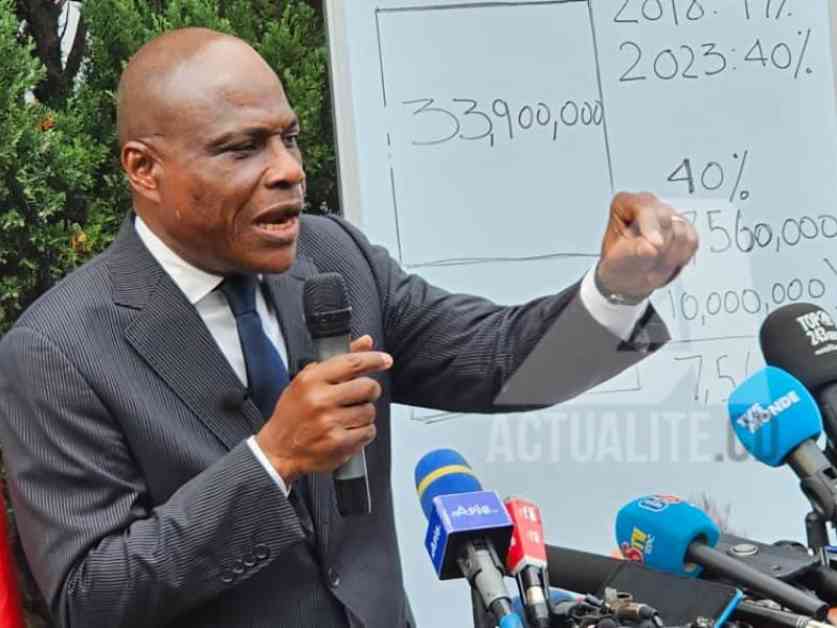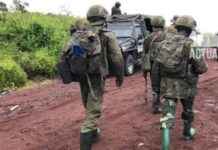70 Kuluna Transferred to Angenga in Operation Ndobo: RDC Update
In a bold move to combat urban crime, a total of 70 individuals identified as Kuluna have been transferred to the Angenga prison in the Mongala province. Following the first group of 57 bandits moved on Saturday, this additional batch departed from Makala on Sunday, January 5, 2025, as part of the ongoing operation “Ndobo” (the bait) initiated by the government of the Democratic Republic of Congo.
Supervised by the Minister of Justice and Keeper of the Seals, Constant Mutamba, the loading of these delinquents onto the transport was closely monitored. Addressing the individuals, Minister Mutamba expressed deep concern over the rising trend of urban criminal activities, particularly amidst the government’s intensified efforts to end the conflict in the eastern part of the country.
Minister’s Stern Warning and Ultimatum
Today, you are leaving with no intention of returning. The death penalty will be enforced. The population is fed up with your actions. You are headed to Angenga. We have warned you repeatedly. As we face a war in the East with attacks from Rwandans, do you really want to provoke another war with the Kuluna? Minister Mutamba emphasized.
Reinforcement of Capital Punishment
Emphasizing the execution of prisoners sentenced to the death penalty, Constant Mutamba highlighted the recent update in December that lifted the suspension on capital punishment in the DRC.
“If you are a Kuluna sentenced to death, you will be executed,” he reiterated.
Public Perception and Support for Operation Ndobo
In the previous month, several Kuluna individuals received death sentences following public hearings held in the courts of Kinshasa and broadcasted live on the national channel RTNC. Those under the age of majority were referred to juvenile courts for trial and sentencing.
The efficiency of Operation Ndobo has garnered praise from many residents of Kinshasa, who view it as a fitting response to significantly reduce the impact of urban crime and rampant criminal activities in the Congolese capital.
Samyr Lukombo
This story reminds us of the complexities and challenges faced by communities dealing with crime and violence. It calls for a reflection on the root causes behind such behaviors and the importance of addressing them through both prevention and enforcement measures. As we witness these developments unfold, it prompts us to consider the broader implications of justice, rehabilitation, and societal safety. How can we work together to create a safer environment for everyone, especially our youth, who are often vulnerable to such influences? Let’s engage in meaningful conversations and actions to build a better future for our communities.
